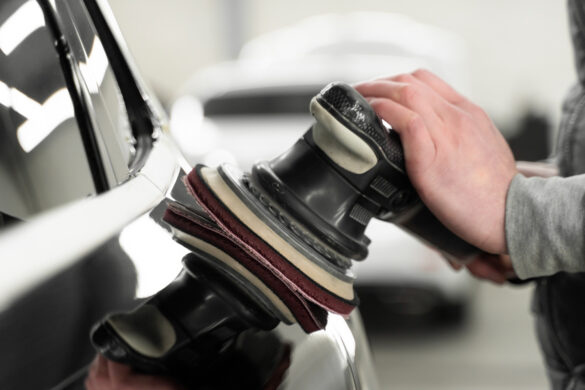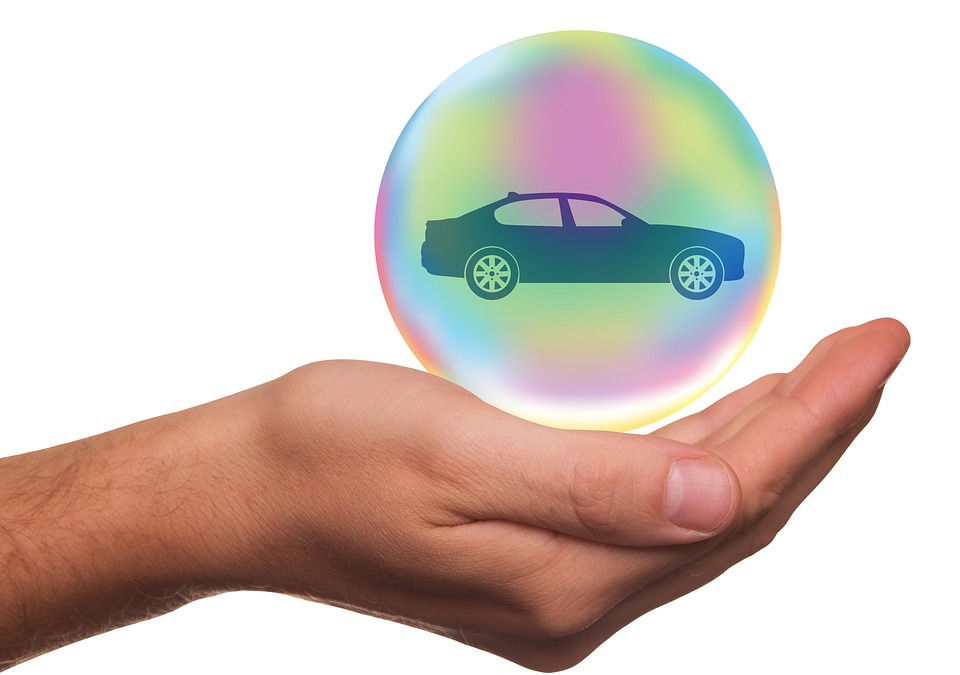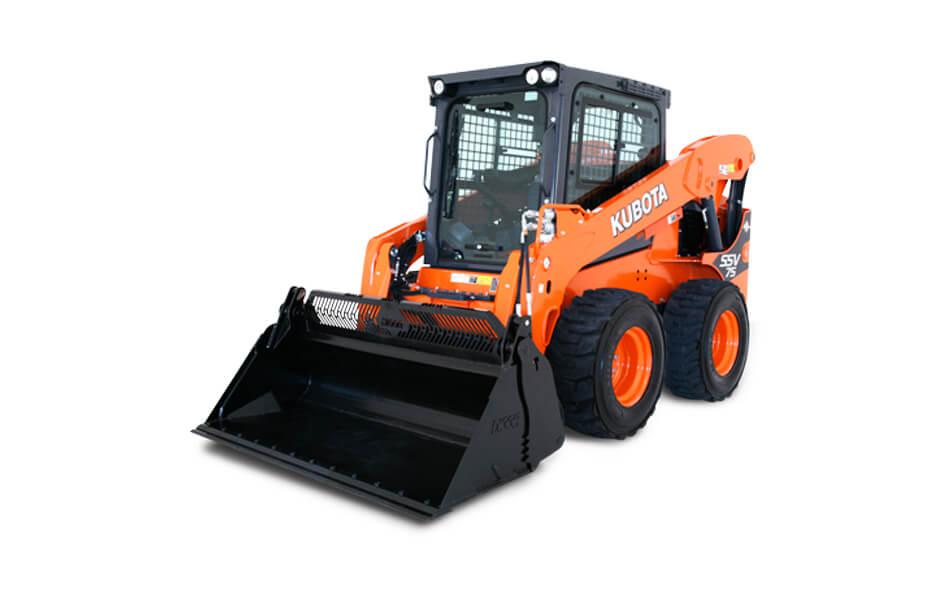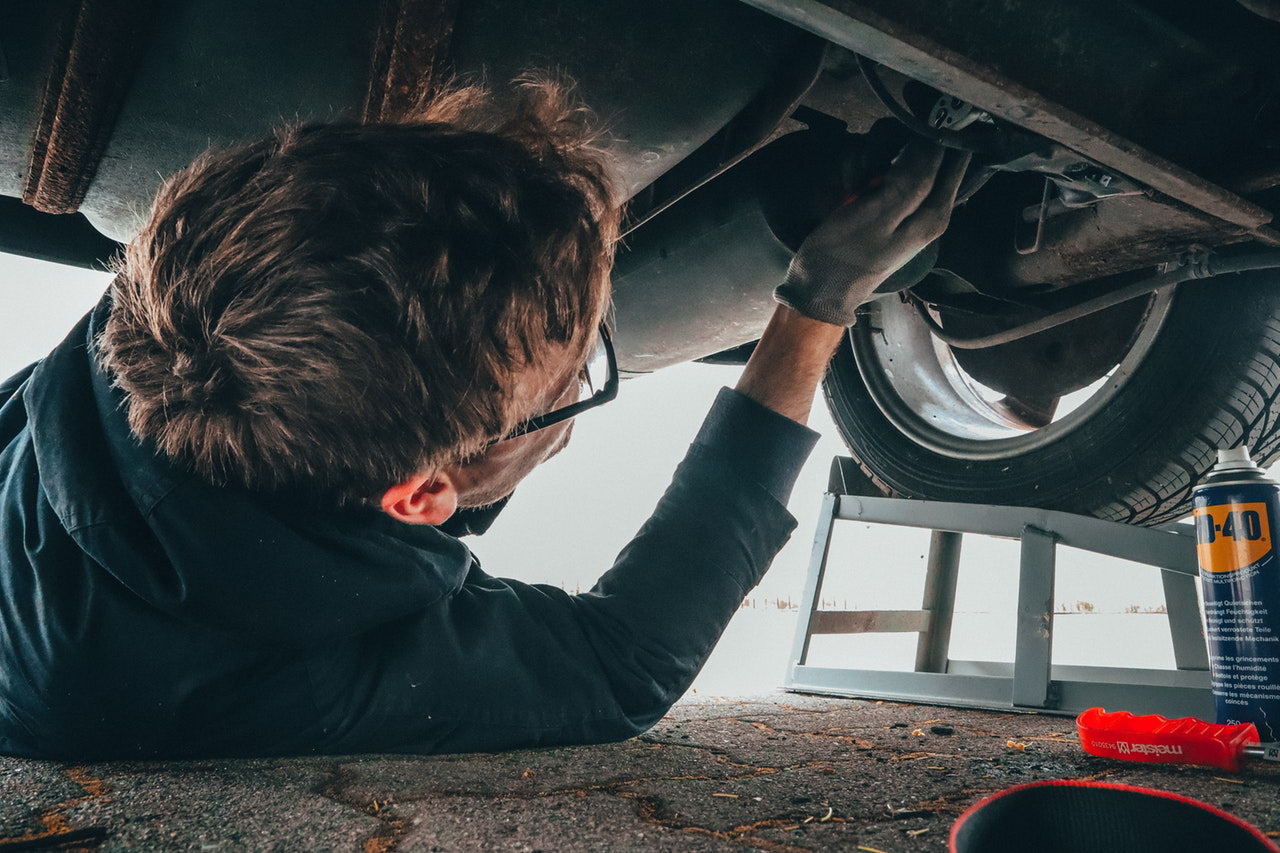The first entirely-made Japanese car was made in 1907 by Komanosuke Uchiyama. 7 Years later Mitsubishi Zosen was manufacturing their first car, marketed as Model A. In the 1930s, cars in Japan were being mass-produced by American car manufacturers; producing 20 thousand units per year, their Japanese domestic counterparts were only producing 500 Japanese-made cars per year. In 1935, Japan decided to tap into their industrial potential, more than 16 different companies were producing Japanese-made cars.
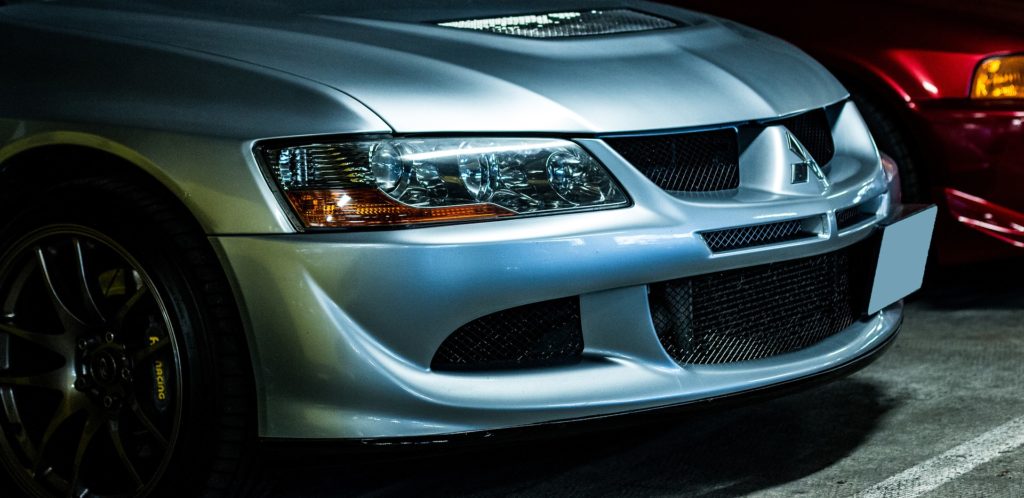
The creation of the Toyota and Datsun came after the passing of the Automobile Manufacturing Industries Act in 1936, this was Japan’s firm outcry to fight the monopoly of American car manufacturers. The rise of Japanese car manufacturing was impressive yet didn’t last long, World War 2 has put a halt and caused a regress in the industry in Japan. The Japanese spirit was recovered in a short time and managed to get back on their feet; producing cars by focusing on quality, reducing time and cost needed for anything that’s unnecessary. Today, the Japanese car industry has proved itself as a worthy competitor of the European and American markets, we’ll be giving you the top 5 reasons that we think make Japanese cars more reliable than their counterparts.
Japanese are More Efficient
The Japanese have built some beautiful and elegant cars, but that was only a secondary priority to efficiency and practicality. In the 70s, they dominated the front-wheel drive market with spacious, gas-efficient, compact, and cheaper cars. They even expanded to all-wheel drive, from hatchbacks to minivans and buses. The main players in the Japanese car industry are focusing on how to get the most efficiency from the least size of a vehicle; this was always their quest from the beginning, and now it’s refined to an artistic degree.
Hybrid is the Future
The first two hybrid cars introduced to the American market were by none other than Toyota and Honda in the 1990s. For those who don’t know what a hybrid car means, it’s a car that uses two or more power sources to drive the vehicle, the most common hybrid is a combination of the electric motor and gasoline. Hybrid cars are a Japanese specialty, since they check every tick in their checklist of fuel and system efficiency. Japanese car manufacturers are in constant competition to reach the perfection and mass-manufacturable hybrid car.
More Improving and Less Experimenting
Most non-Japanese car manufacturers would both change the design and introduce new technologies at the same time, this indeed can end up causing more problems that appear in the long run. Japanese car manufacturers are always focused on introducing their technologies and redesign gradually on already proven platforms to avoid any hassle that can arise from drastic change and experimentation. The approach of making sure that every little part is synchronized and working correctly is the key to put function and reliability before form.
Can Easily Be Imported
Importing a car from Japan using channels like parallel importing and authorized agents is easy, due to the strict inspections forced to reduce the number of old cars being used in the country. Vin’s Automotive Group imports Japanese cars, whether they’re new or used; by being a parallel importer, they provide a variety of choice not available with authorized agents. The export industry in Japan is a huge one with a lot of business, most buyers are from the UK, Africa, and Asia, while the U.S doesn’t get to enjoy them much because of the 25 year waiting rule, H.R. 2628.
Safety
People believe that European cars are the safest on the road, but recent studies reveal different facts. The Japanese have made it their quest to focus on safety and invest heavily in developing it over the years. With 4 cars dominating the list of cars with zero death rate, they are constantly raising the bar of the safety standards around the whole world.
When choosing a car, there is no such thing as the best car, everyone has different needs and expectations of their car. The Japanese sure do accommodate a big wide range of different needs; cool and elegant designs that are extremely efficient in fuel consumption. Today, with billions of dollars of investments, the Japanese auto industry created countless jobs in the U.S and managed to cut their shipping prices deeply. The Japanese classics are one of the most sought cars for collection, especially in the U.S. When you decide to buy a car, you need to take into considerations the many factors that would make the car you buy, the perfect one.

